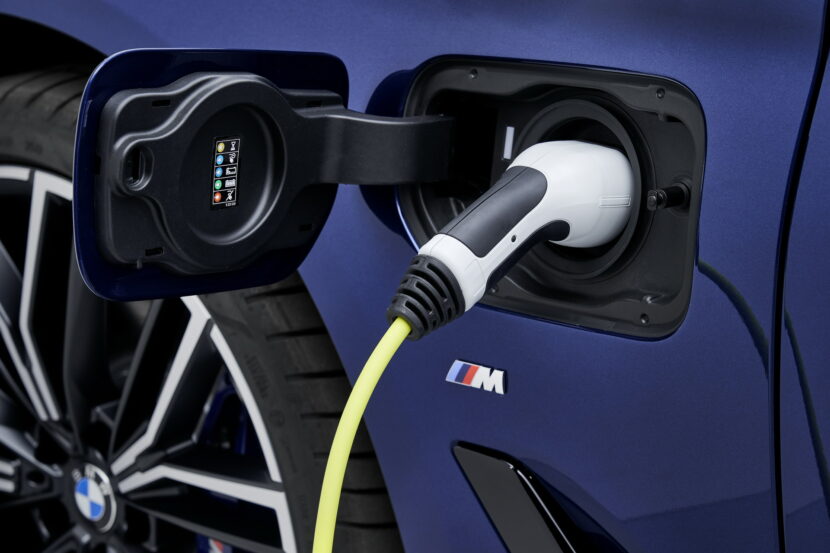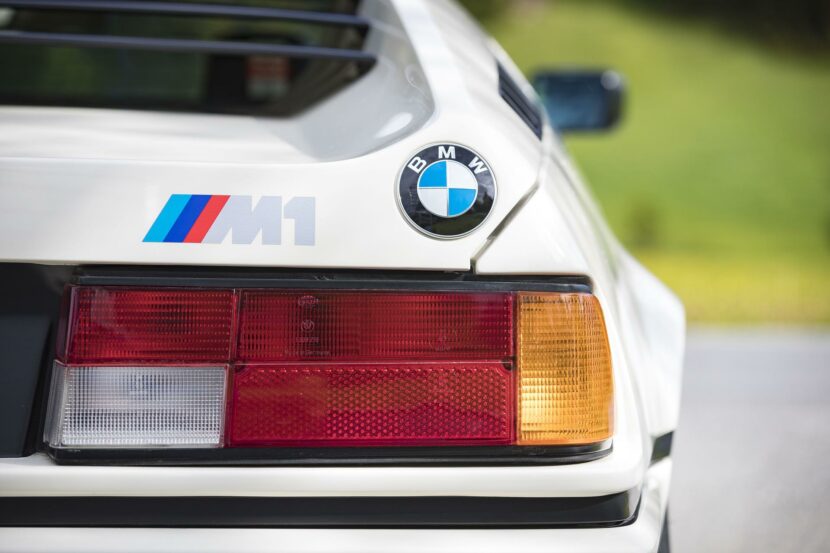The rise of electrified cars depends on the customers’ demand. Yet, the issue is that customers are more often than not worried about the infrastructure for electric vehicles. That’s a problem that companies like BMW have been tackling for a while. In the next few years, a lot of new charging stations are planned, but there is much more the legislative body can do to help this transition.
In a recent interview, BMW’s Board of Management member, Pieter Nota, laid out how BMW envisions the necessary steps moving on, and what governments should do. Apart from the work automakers have been putting in, such as helping out with the charging infrastructure (both public and private), there are certain areas where things could be better. “We are particularly engaged in dialogue with cities that are committed to e-mobility in order to make them more liveable through better air quality and less traffic noise,” he said.
“Beyond charging, we believe that appropriate regulatory incentive systems, such as eZones or charging tariffs, will also make electric driving more attractive. We expect that the share of electric driving will increase further as the promotion of electric vehicle use is expanded. As a result, electric driving will become more widespread,” added Nota. That’s a direct hint to a certain pattern that is becoming more common these days, forcing you to pay if you want to enter certain, high-density areas, inside big cities.
London is one such famous example, where a congestion tax has been in force for quite some time now. Other European cities have started enforcing such a rule too and it looks like BMW considers such a tax would make people consider an electrified car more. Whether that will pan out as they envision it or not remains to be seen but it’s pretty obvious more help from the authorities would go a long way.






































































